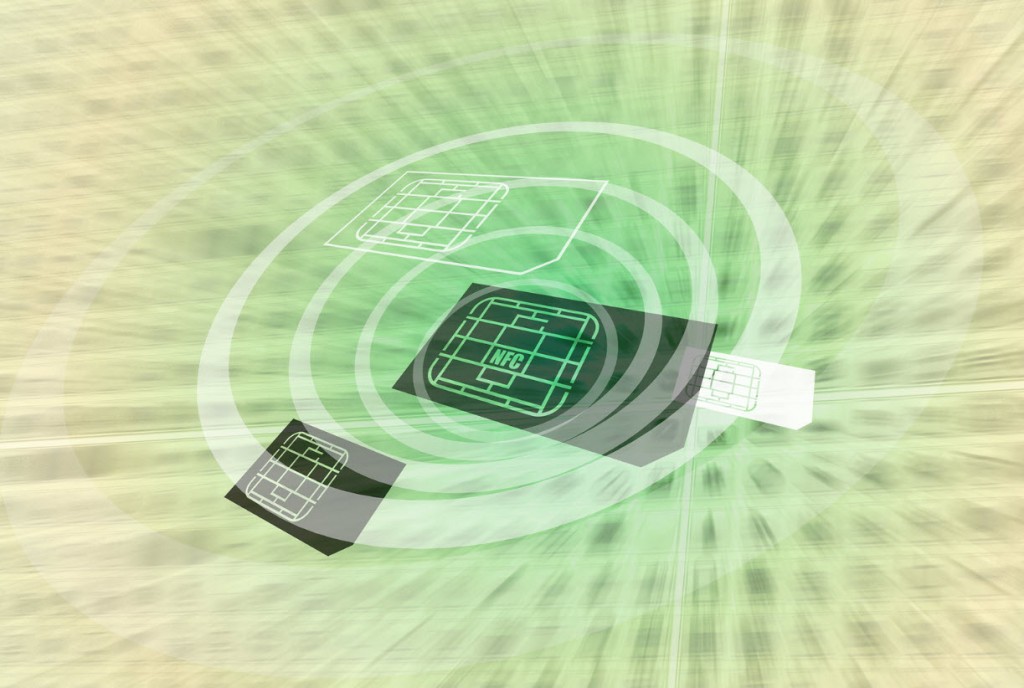Near field communication could play a role in reducing the effectiveness of falsified visas and passports.
A new partnership may soon mean that a combination of hologram and NFC technology could fight counterfeit government documents. The companies involved are Thinfilm, a printed electronics firm, and Holoptica, an authentication solutions provider.
The end product could potentially be a holographic NFC tagged chip used as an anti-counterfeiting solution.
This use of NFC technology in combination with holograms could create a government document that can’t be forged. Moreover, it could also be possible to invalidate a legitimate document in the case of theft.
 The SpeedTap tag is produced by Thinfilm. It includes an NFC chip that would make it possible for consumers and government officials to connect to the certified digital replica of a document. This way, a single tap of an NFC-enabled smartphone could be all that is required to verify a document’s authenticity.
The SpeedTap tag is produced by Thinfilm. It includes an NFC chip that would make it possible for consumers and government officials to connect to the certified digital replica of a document. This way, a single tap of an NFC-enabled smartphone could be all that is required to verify a document’s authenticity.
If this use of holograms and NFC technology works, it could save over $10 billion (US) each year.
The black market costs an estimated US$10 billion in forged and counterfeit passports, work permits and visas every year. Near field communication chips worked into these documents could mean that fraud would be much closer to being eliminated.
According to the Holoptica CEO, George Perkous, “Combining Thinfilm’s SpeedTap tags with Holoptica’s high-security SmartMark hologram creates a highly effective yet economical solution in the fight against counterfeiters.” He went on to say that the company is looking forward to seeing the outcome of the role played by the NFC tags in boosting document security on a global scale.
Thinfilm CEO Davor Sutija explained that “Document fraud costs governments and businesses billions of dollars each year and directly contributes to the growth of global terrorist activity.” He expressed that his company is glad to be working on the NFC technology and hologram solution as a part of a meaningful anti-counterfeiting strategy.
Sutija feels that this effort will contribute to making the world a safer place for everyone. It will help to minimize the risk of counterfeiting among important government documents in countries worldwide.

 The FCC list document provided some interesting information about what the Nook Tablet 7 may have to offer. A number of the mobile device specs were revealed including both hardware and software features.
The FCC list document provided some interesting information about what the Nook Tablet 7 may have to offer. A number of the mobile device specs were revealed including both hardware and software features.